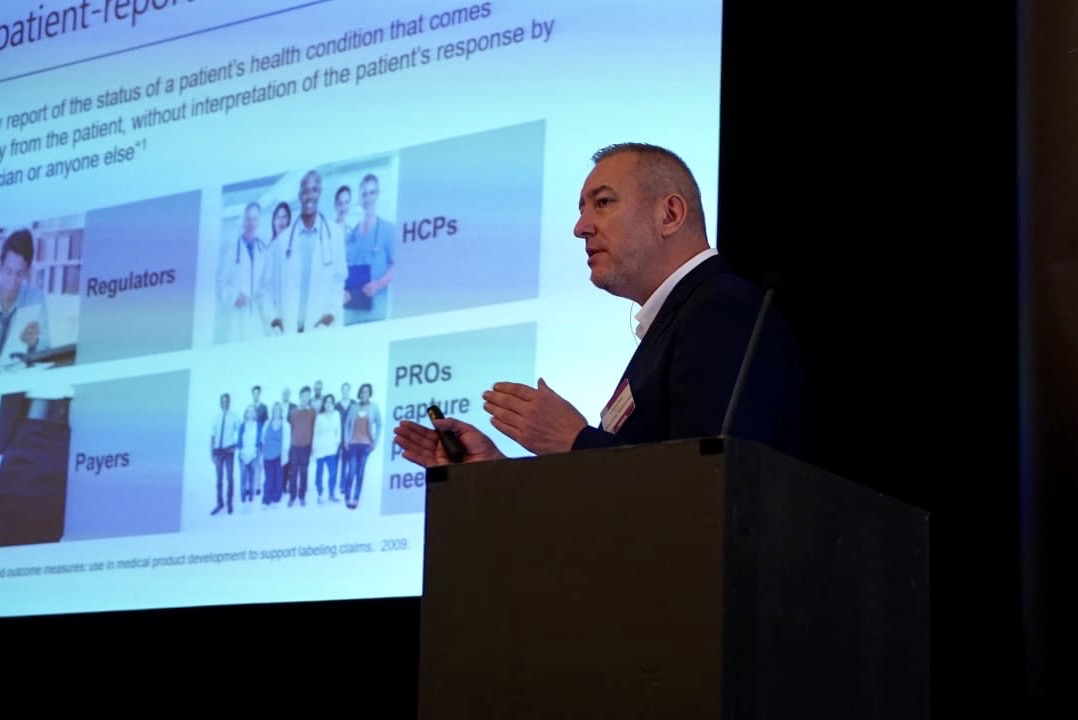COVID19: creating a new era for 'Citizen Science'
- mark field

- Apr 20, 2020
- 4 min read
"Citizen science" is defined as "scientific work undertaken by members of the general public, often in collaboration with or under the direction of professional scientists and scientific institutions".
There is an unprecedented upsurge in citizen science happening right now, linked to the COVID19 pandemic.
Many academic centres and health authorities have reached out to the public to track their systems in an effort to monitor the outbreak. Millions of people have downloaded apps and are contributing to creating large databases which will help researchers and governments plan further actions during this crisis.
Examples of citizen science initiatives currently underway:
The citizen science app ‘CoronaReport’ for social science, led by the University of Edinburgh, will be ready soon. Get your app invite now at coronareport.global.
Flusurvey has been adapted to monitor community prevalence and trend of symptoms related of the novel coronavirus. The system will capture additional information about possible community acquired covid-19 using self reported respiratory symptoms reported on the platform.
Influmeter, the Danish part of Influenzanet, is based on voluntary efforts by citizens who, regardless of whether they have sought medical attention or received treatment, report weekly on whether they have had symptoms and thus contribute to knowledge about dissemination in the community. Everyone who lives in Denmark can join the Influmeter.
Operation COVID19 is a project to track, mobilise and prevent the spread of coronavirus-19 to save lives and improve global public health systems, and also has a Facebook Group.
The NHS in the UK has a symptoms checker with advice, that might also be tracking that data https://111.nhs.uk/covid-19
TrackTogether in the UK is a not-for-profit survey on contact tracking.
A new Israeli initiative to track and monitor Coronavirus outbreak “hotspaces” using citizen science has been set up in Israel.
CoronAPP is a questionnaire in Danish on physical and mental health and well-being in relation to the coronavirus situation.
Corona-land (in English and Danish) provides a ‘before and after’ survey for the effects of using an interactive coronavirus simulator. The simulator can also be used as an educational tool on its own, with tutorials on social distancing, hospital capacity and what people can do to help.
TraceTogether is an app launched by the Singapore government that uses a community-driven approach to identify close contacts of users.
FluTracking is a surveillance system to detect and monitor the spread of influenza in Australia and New Zealand. By taking part, you’ll not only be contributing to scientific research, you will be helping to track influenza in your local community and nationwide.
Flu Near You has launched a new initiative called CovidNearYou to help track corona symptoms in the US and Canada.
Creating results
Data from these apps are often open access and are creating results that will help determine how this crisis is handled. For instance, the latest data collected from King's College 'citizen science' app suggests there is drastic reduction of covid19 cases in the UK over the last two weeks. See the gif below and check out their website here https://covid.joinzoe.com/. Such data will likely help determine how we will move out of the current 'lockdowns' as well as help track if there is a resurgence in cases.

Validating 'Citizen Science' results - Beyond tracking symptoms
Citizen science can go beyond tracking symptoms and generate data that could directly impact research and develop projects.
Prior to the COVID19 outbreak my colleagues and I (working at the Pharmaceutical company Grünenthal at the time) were keen to see if we could use citizen scientist to perform experimental pain tests to help develop new analgesics. 1 in 4 of us are suffering pain but clinical success rates for new analgesics are 5 times lower than other therapeutic areas. Thus, we have to find innovative ways to do our research and Citizen Science offers a way to build data fast. We wanted to find out if such an approach is it reliable compared to the data obtain in hospitals or laboratories under controlled experimental conditions?
Here we worked with the genetics company 23andMe and rapidly build a cohort of >1800 volunteers who completed a cold pressor test (CPT) which is used in clinical assessments of pain. The test involves measuring the time someone can keep their hand immersed in cold water until it becomes too painful. Simple instructions were presented online to the volunteers as shown below.

The data showed comparable results to studies conducted under controlled conditions and supervision of a health care professional - but the citizen scientist approach produced large data groups within weeks compared to the years needed under controlled conditions.

See https://journals.plos.org/plosone/article?id=10.1371/journal.pone.0231697 to access the full paper which was published just last week.
Opportunities to create a new era for citizen science
Covid19 has created an unprecedented increased awareness of, and participation in, citizen science, offering a unique opportunity to build on this, with interesting projects for the public to participate in.
Input from the public can add significant value to help guide research & development and generate large data sets very quickly whilst being able to access participants who are too remote or have physical barriers that would prevent them from participation in projects requiring visits to hospitals or laboratories.
It is the perfect time to consider how a citizen science approach can enhance your research activities.
.png)




.png)
Comments